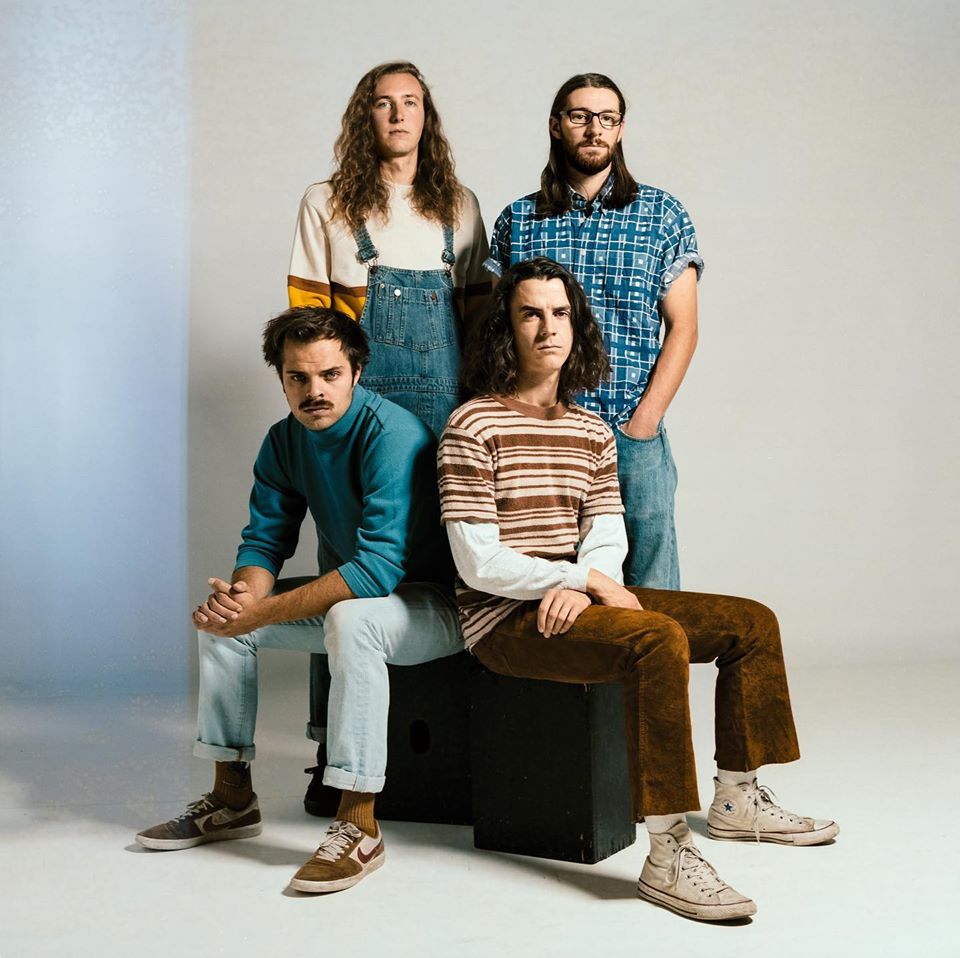Regardless of the genre, most of the popular songs we hear on the radio and see on the charts are either about romantic or sexual relationships. Inside of the topic, there are many approaches that can be taken: breakups, forbidenness, cheating, and many more, so you would think that inside of the Top 40 you would be able to find at least one that represents your current situation; but for the LGBTQ+ community the feeling is quite different.
Pop artists are usually the ones that make the biggest hits, and they are also known for being the most open and accepting, with a great number of the most famous ones even being activists. Lady Gaga, Miley Cyrus, Billie Joe Armstrong and Sia are huge forces in the music industry, and they are all also attracted to men and women. Taking into account that singers usually use their own experiences for their lyrics, why aren’t we more used to listening of smash hits of people and their relationships with people of their same gender?
On a positive aspect, there are artists that have gone outside the norm. Frank Ocean, for example, broke through a taboo in the rap community with his debut album Channel Orange, which lyrics like “Forrest Gump, you run my mind, boy” do a great job at normalizing same-gender relationships, specially for a record that was praised by both the public and the critics. Other musicians like Mary Lambert and the band Years & Years have followed the same path, and on Friday Halsey released a collaboration with Fifth Harmony’s Lauren Jauregui called Strangers where both of them refer to a lover as “she” for the first time, which has made their fans very happy and proud.
“I just love that Lauren and I are two women who have a mainstream pop presence doing a love song for the LGBT community. It’s unheard of. It’s very rare to see it from a female perspective. At no point in the song does it make a point to say that it’s a gay love song. It’s just a love song that happens to use same-sex pronouns.” -Halsey about Strangers on an interview with Zach Sang.
Over the course of history many artists have come out, but most of them decided to start directing their lyrics at an unknown “you”. Around 2014, Sam Smith saw his career take off with number one hits like Stay With Me and Money on My Mind, both featured in his Grammy-nominated album In The Lonely Hour. With all of these achievements came, of course, a huge platform and many listeners from the general public. Having an openly gay singer who everyone seemed to be hearing was great, but in the whole piece there was not one song that even referenced his sexuality. In fact, when he covered Whitney Houston’s How Will I Know he changed the original lyrics “If he loves me, if he loves me not” to “If you love me, if you love me not”.
It even seems like a slap in the face to the LGBTQ+ community when such an important musician goes out of his way to erase his queerness. Of course everyone has the right to write their songs however they want, but when you have a voice it is important to try to use it and help those who do not have it. Smith justified his actions in his interview with Fader by saying “I’ve made my music so that it could be about anything and everybody— whether it’s a guy, a female or a goat—and everybody can relate to that. I’m not in this industry to talk about my personal life unless it’s in a musical form.”, and it raises a question: why does he feel like he cannot refer to a love interest as “he”, when no straight person has been uncomfortable to use pronouns for the opposite gender in their songs?
The impact of same-gender pronouns is definitely underrated, even by LGBTQ+ musicians. Just like with the phenomenon of representation in TV and movies, it is important for minorities to feel heard, seen and reflected in songs. Even in 2017, non-straight people do not have a place in the mainstream media where they can feel completely comfortable. It would be amazing for them to be able to shout and dance to the lyrics of a song that everyone enjoys and plays all of the time, and that also speaks about a relationship between people that identify with the same gender, instead of having to search everywhere for them. The situation is a bit disappointing, but maybe with the help of outspoken people like Frank Ocean, Halsey, Kevin Abstract, Troye Sivan, Hayley Kiyoko, Olly Alexander, Steve Grand, Tegan and Sara and many others, we will start hearing more and more of this long-awaited music to the point that it is not going to be a taboo anymore, and there will really be a place for everyone to cry, scream and dance to songs they feel completely identified with. Because after all, what human doesn’t love that feeling?
NOTE: This article originally used the word “sex” in certain sentences where the correct vocabulary for each case was “gender”. I am aware these words do not have the same meaning and it was a confusion that came from pure ignorance since I thought the phrase “same-sex pronoun” was acceptable; I deeply apologize for it and it will not happen again.











